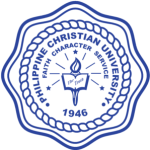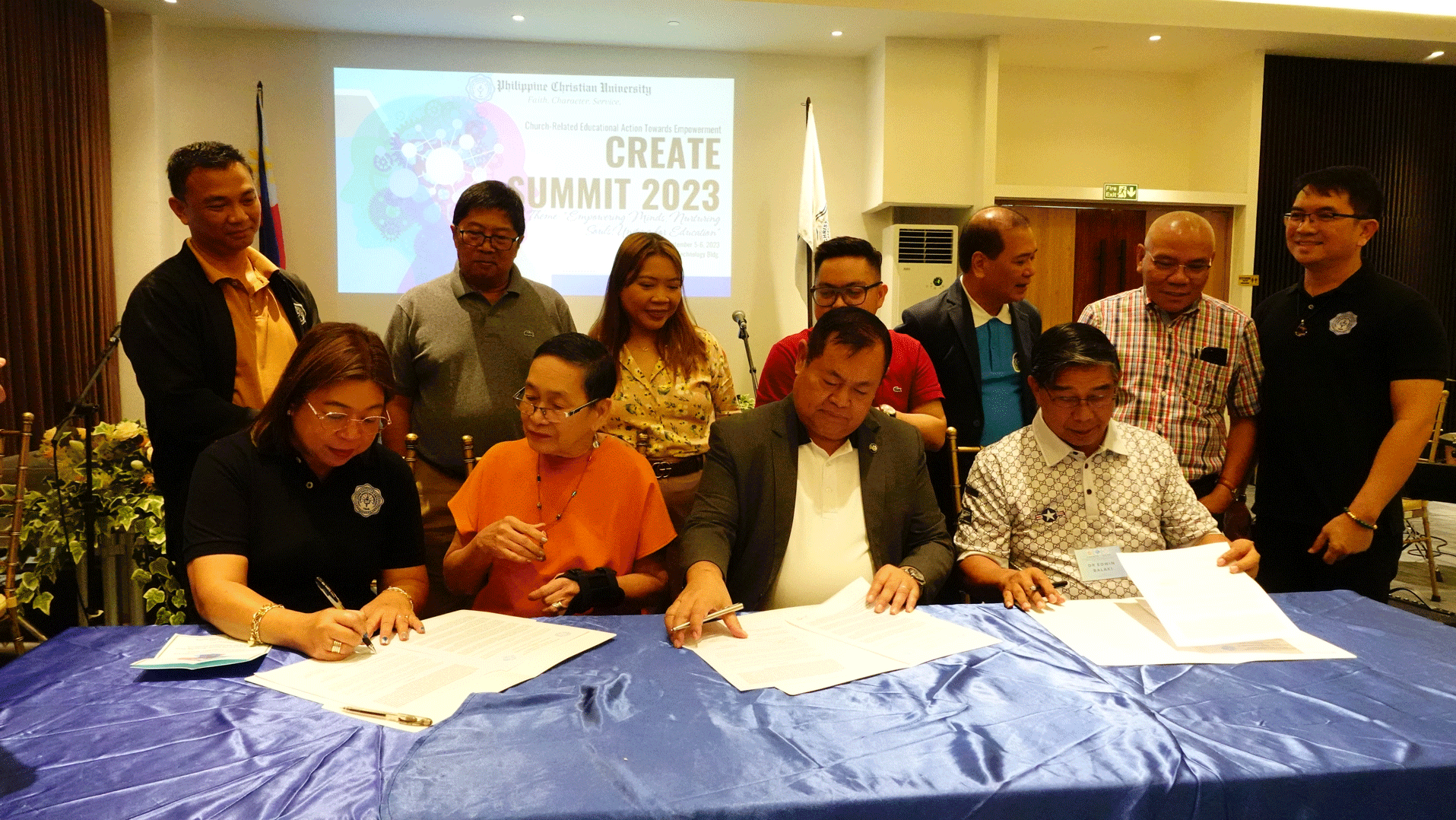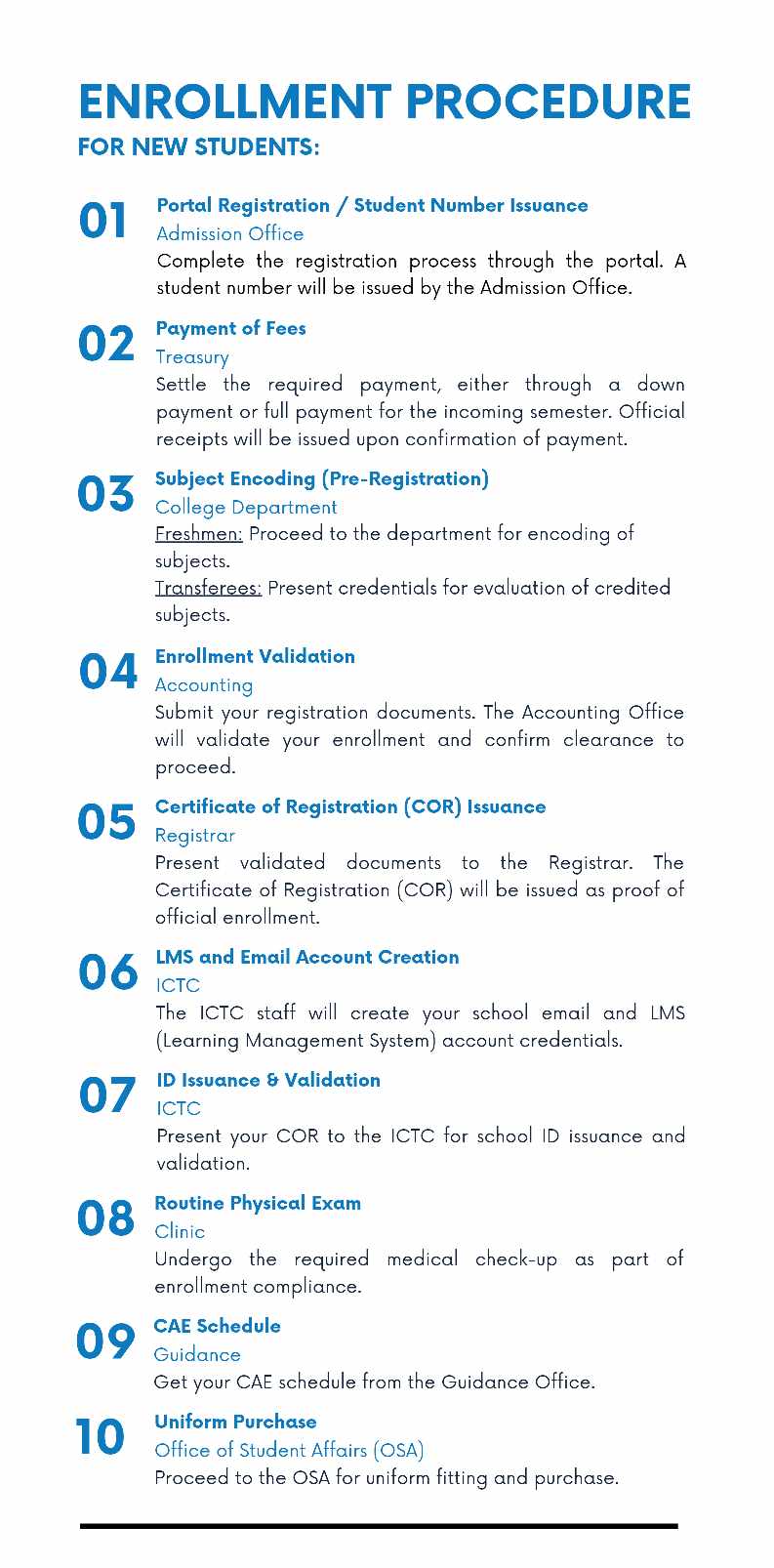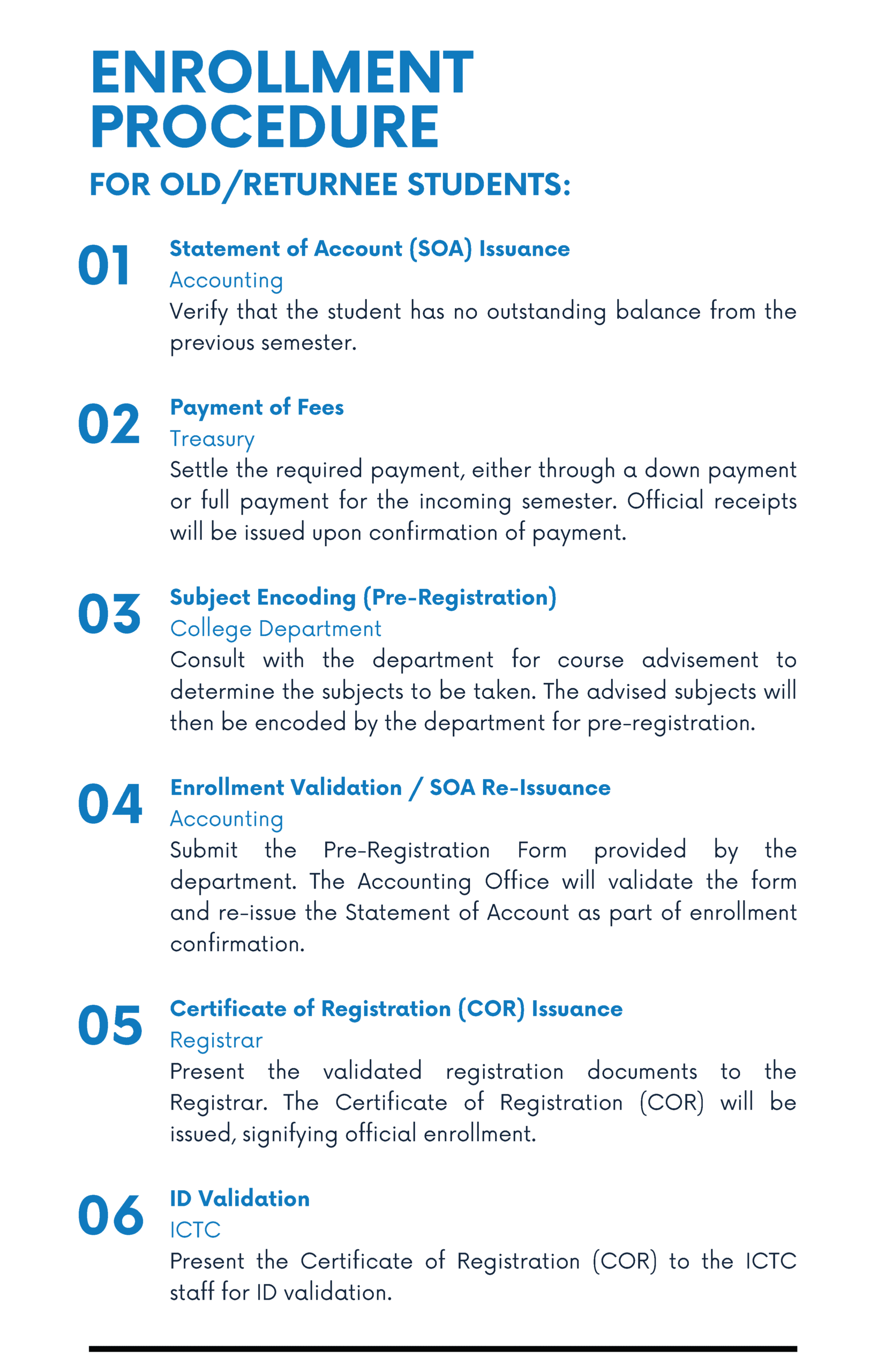Graduate School of Nursing
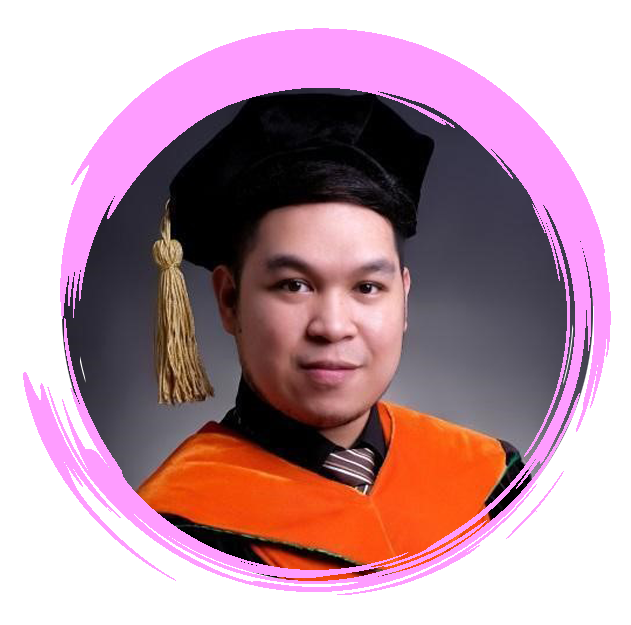
JOMAR DG. DELA CRUZ, DNM, MBA, MAN, RN
Dean

SHIRLEY P. WHISENHUNT, DNM, MAN, RN
Dean

JOMAR G. DELA CRUZ, DNM, MBA, MAN, RN
Dean
Bachelor of Science in Nursing, Manila Adventist College, 2008
Master in Business Administration, International Academy of Management and Economics, 2010
Master of Arts in Nursing, Trinity University of Asia, 2012
Doctor in Nursing Management Major in Nursing Administration, Trinity University of Asia, 2019

SHIRLEY P. WHISENHUNT, DNM, MAN, RN
Faculty
Bachelor of Science in Nursing, Centro Escolar University – Manila, 1999
Master of Arts in Nursing, Trinity University of Asia, 2009
Doctor in Nursing Management Major in Nursing Administration, Trinity University of Asia, 2014
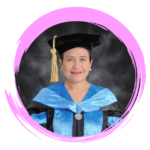
ALICIA BAÑAS, RN, MHPEd, Ed.D.
College of Nursing & Health Services Associate Dean
Bachelor of Science in Nursing, Philippine Christian University, 1979
Master in Health Profession Education, University of the Philippines-Manila, 2000
Doctor of Education in Educational Management, Philippine Christian University, 2018
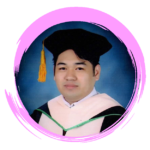
CHRISTIAN JAY SERAFICA ORTE, Ph.D., DNM, MAN, LPT, RN, RM
FACULTY
Bachelor of Science in Nursing, Bataan State Peninsula University, 2009
Master of Arts in Nursing, Bataan State Peninsula University, 2014
Doctor of Philosophy in Nursing, Our Lady of Fatima, 2014

BEA-GRACIA M. CRUZ, DNM, MBA, MAN, CHA, FPCHA
FACULTY
Bachelor of Science in Nursing, Trinity University of Asia, 2002
Master of Arts in Nursing, Trinity University of Asia, 2008
Master in Business Administration-Health, Ateneo Graduate School, 2020
Doctor in Nursing Management Major in Nursing Administration, Trinity University of Asia, 2013

EDRECK ESTIOKO, DFRIN, DNM, MSN, MAN, RN
Faculty Member
Master of Arts in Nursing, University of La Salette, 2008
Master of Science in Nursing, University of La Salette, 2011
Doctor in Nursing Management, University of Asia, 2017
Doctor Fellow in Nursing, Royal Institute of Nursing, 2018
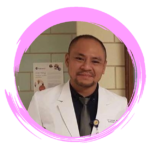
LESTER NAVAL, DBA, MAN, RN
Faculty Member
Bachelor of Science in Nursing, Philippine Christian University, 2006
Master of Arts in Nursing, Philippine Women’s University, 2010
Doctor in Business Administration, Philippine Women’s University, 2020
Contact Us
(+63) 9685487582
Email: cnhs@pcu.edu.ph
Welcome emerging care leaders to PCU-Graduate School of Nursing!
We are humbled in your choice to enroll in one of the nation’s top health science
graduate schools. You are not only joining a school but becoming a part of a diverse
student body from around the globe. You can count on the support and drive of your
experienced and seasoned professors to instill in you the knowledge and perspectives
that you can apply to your professional growth. Your commitment to your own success will prove a testament to the dedication one with leadership aspirations must have and
can only be matched by the same commitment and dedication the Graduate School will provide you.
The principle the Graduate School espouses is to put God first and foremost by
applying the values of Faith, Character and Service. Above everything and everybody
else, allow your faith and knowledge of the world to be transformed as you grow in your current, chosen profession. As your educators and advocates, the Graduate School of
Nursing faculty is committed to mirroring the level of commitment and sacrifice you are
investing to become a global leader in Nursing.
The Graduate School of Nursing program is designed specifically to meet the growing needs of today’s professionals wishing to continue their academic journey while
maintaining their day-to-day professional responsibilities. Professors will support your
endeavors and at the same time used accountability principles to ensure your smooth
rise up the academic ladder.
We are excited that you may now call PCU “home” and anticipate a rich and rewarding
experience that will allow you the opportunity and privilege. Together, we can combine
new knowledges gained and make a global impact on the Nursing profession, with your
active participation inside and outside of the classroom being the key.
God bless!!
Vision
The Graduate School of Nursing is a hub for current Nursing leaders to further their professional development and be instruments of change in the through careful analysis of current trends, comprehensive understanding of the history and role of their respective fields and creating analytic skills to best evaluate the professional landscape and identify areas for enhancement and theoretical implementation for the betterment of nurses and their patrons.
Mission
The Graduate School of Nursing is a comprehensive education center for higher professional development of Nursing leaders in a Christ-centered setting that focuses on enhancing analytical skills, critical thinking and elasticity in adapting to current and future trends in a spirit of collaboration with like-minded institutions that honor the spirit of self-sacrifice emulated by the Savior in being of service to local and global citizenry.
Courses offered
Advanced Statistics and Research Methods
Advanced statistics and research methods extends the use of statistical data-analytic tools, and broadens and elaborates on methodological issues in research in health sciences.
Theoretical and Scientific Foundations for Nursing
In this course, students focus on the integration of scientific, philosophical, and theoretical concepts as the basis for the highest level of nursing practice. They examine the scientific underpinnings for nursing practice, including bio-behavioral, pathophysiological, psychosocial, and environmental sciences, and they explore the interrelationship among knowledge, research, and practice. Students also explore and discuss clinical inquiry, ethical issues, and models of evidence-based practice. Considering various philosophies, students describe their own philosophy of nursing. They also apply course concepts to a variety of practical assignments, including a literature review, concept map, and evaluation of current clinical practice problems, among others.
Methods for Evidence-Based Practice
Students in this course focus on the integration of scientific, philosophical, and theoretical concepts as the basis for the highest level of nursing practice. The scientific underpinnings for nursing practice including bio-behavioral, pathophysiological, psychosocial, and environmental sciences are examined. The interrelationship among knowledge, research, and practice is explored. Clinical inquiry, ethical issues, and models of evidence-based practice are presented.
Transforming Nursing and Healthcare Through Technology
When used effectively, information technology can support generation of new knowledge and emerging information technologies. In this course, students examine the critical appraisal and use of information technology in advanced nursing practice. Students work toward gaining the skills and knowledge to process and manage information systems/technology resources in consumer, clinical, and public health settings. Students engage in a variety of discussions and assignments designed to provide practical application of content on topics including retrieval and critical analysis of digital data to support healthcare quality improvement; electronic health records integration and evaluation; and Web-based learning and intervention tools to support and improve patient care. They also explore ethical, regulatory, and legal issues as well as the healthcare standards and principles for selecting and evaluating information systems and patient care technology.
Organizational and Systems Leadership for Quality Improvement
The focus of this course is on the development of leadership strategies and competencies to support healthcare and organizational quality delivery of care. Emphasis is placed on a systems approach exploring the organizational structures, which impact healthcare quality performance and, ultimately, patient outcomes. Using macro (enterprise-wide) and micro (individual and team performance) perspectives, students examine the leadership roles, which define, develop, and support decisions effecting quality strategies. In this course, students address how key organizational theories, principles, and concepts relate to achieving the effective and efficient delivery of safe healthcare services. Through the development of a quality program initiative, students demonstrate an understanding of the impact an initiative has on organizational structure, its environment, and the system’s leadership.
Best Practices in Nursing Specialties
A scholarly inquiry of key concepts in nursing is presented in this course. Students analyze best practices and evolving issues in their nursing areas of practice. They explore advanced specialty practice problems through a guided initial review of literature. Students develop a program or project to address clinical/practice questions under the guidance of an approved clinical mentor. Students generate an evidence-based practice question and develop and implement an intervention within the practicum setting. Students disseminate the project plan and results at the practicum site.
Epidemiology and Population Health
Students in this course are provided with an overview of epidemiologic methodology in the study of the distribution and etiology of disease and health-related conditions in human populations. Students examine important study designs and discuss the strengths and weaknesses inherent in each. They explore and discuss select global problems, such as infectious diseases, bioterrorism attacks, and effects of disasters and emergencies, and they apply epidemiologic and bio-statistical methods to study factors related to aggregate, population, and individual health. Additionally, students work toward gaining cultural sensitivity and an inter-professional approach to caring for diverse populations at risk to ensure access to care.
Evidence-Based Practice I: Assessment and Design
In this course, students focus on the competencies required of the healthcare professional in planning for the design, development, implementation, and evaluation of health promotion and disease prevention initiatives. They explore and discuss strategic approaches to planning, implementation, and evaluation, including cost-benefit analysis
Healthcare Policy and Advocacy
Many economic, financial, and political factors influence the delivery of healthcare, making healthcare reform a challenging task. In this course, students examine these factors and challenges, and they consider policy reform through legal, regulatory, ethical, societal, and organizational contexts. They examine the political and policy process, including agenda setting, stakeholder analysis, and application of policy analysis frameworks. Students also explore the importance of inter-professional collaboration in improving health outcomes through the policy process and advocacy for development and implementation of nursing and healthcare policies in organizations at the local, state, national, and international levels. Students engage in written analyses through which they develop new policies and critically evaluate existing policies though policy analysis frameworks.
Evidence-Based Practice II: Planning and Implementation
In this practicum course, students focus on planning and implementing an evidence-based practice program/project designed to address their clinical/practice questions; students complete work under the guidance of an approved practicum mentor. Students generate practicum journals and discussion content that drill down to the evidence-based change project related to their clinical/practice question and resulting findings, conclusions, and recommendations.
Evidence-Based Practice III: Implementation, Evaluation, and Dissemination
The focus of this practicum course is on the evaluation of an evidence-based health project relevant to aggregate, systems, or organizational levels of healthcare. In addition, students develop and plan for the dissemination of a scholarly product generated by that project to a wider community of scholar-practitioners. Students work with an approved practicum mentor to generate practicum evidence and complete practicum journal requirements, and the evidence-based project, demonstrating the use of leadership skills and advanced nursing practice knowledge to promote quality improvement, improve health outcomes, and inform healthcare policy. Students in the practicum course are provided with the opportunity to reflect on self-evaluation, professional growth, and post-graduation plans.
FIELD EXPERIENCE
The purpose of this course is to provide students with the opportunity to complete additional practicum hours to fulfill the 1,000-hour requirement of the program. Students generate practicum portfolio evidence. In this practicum course, there is a 1:6 ratio of credit to practicum hours, resulting in 72 practicum hours.
Students take this course for a minimum of four trimesters and are continuously enrolled until completion of their doctoral project with final academic officer approval. To complete a doctoral project, students must obtain the academic approval of several independent evaluators including their committee and the University Research Reviewer; pass the Form and Style Review; gain approval at the oral defense stage; and gain final approval by the chief academic officer. Students must also publish their doctoral project on before their degree is conferred.
Dissertation Writing
This course is an overview of writing and organizational skills necessary for completion of a dissertation and submission of articles for publication. It includes components of research design.
- Master of Science in Nursing (see and download curriculum)
- Doctor of Philosophy in Nursing
- Nursing (see and download curriculum)
- Doctor of Philosophy in Nursing
Major in:- NURSING LEADERSHIP & ADMINISTRATION (see and download curriculum)

ROBERTO C. SOMBILLO, PhD, MHA, MAN, RN, RM
Master of Arts in Nursing Program Coordinator
Faculty Member
Bachelor of Science in Nursing, Martinez Memorial Colleges, 1989
Master of Arts in Nursing, University of Asia and the Pacific Institute for Nursing Development, 2004
Master of Hospital Administration, St. Jude College, 2017
Doctor of Philosophy in Nursing Education, Major in Educational Leadership and Management, St. Paul University – Manila, 2013

EMILSON VIBAR, PhD, PgDip, RN, FISQua, MAN, RN,
Faculty Member
Bachelor of Science in Nursing, Bicol University- Albay, 2011
Master Class in Teaching Research, De La Salle University- Taft, Manila, 2014
Master of Arts in Nursing (MAN) major in
Medical-Surgical Nursing minor in Community and Perinatal Nursing, Bicol University GraduateSchool- Legazpi City, 2014
Doctor in Educational Management, Polytechnic University of the Philippines- Sta. Mesa, Manila, 2020

JOSEPH PETER B. REGONDOLA, DNM, MAN, RN, RM, FRIN, CHA, FPCHA
FACULTY
Bachelor of Science in Nursing, Trinity University of Asia, 2005
Master of Arts in Nursing, Trinity University of Asia, 2011
Doctor in Nursing Management Major in Nursing Administration, Trinity University of Asia, 2017

DAVID HALI DE JESUS PhD, PgDip, RN, FISQua, MAN, RN,
FACULTY
Bachelor of Science in Nursing, Western Mindanao State University, 1999
Post Graduate Diploma: Modern Management, Cambridge International College, Great Britain -2003
Master of Arts in Nursing, South Western University Philippines, 2012
Doctor of Philosophy Major in Educational Management, Central Luzon State University, 2018

GUILLER AUGUSTIN C. CARPIO, DNM, MAN, RN, LPT
FACULTY
Bachelor of Science in Nursing, Manila Doctors College, 2009
Master of Arts in Nursing, Trinity University of Asia, 2012
Doctor in Nursing Management Major in Nursing Administration, Trinity University of Asia, 2015
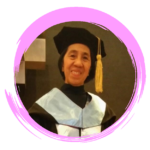
SHIRLEY M. ESPINA, PHD, MAN, RN, CHA
FACULTY
Bachelor of Science in Nursing, Arellano University, 1980
Master of Arts in Nursing, Arellano University, 1999
Doctor of Philosophy Major in Educational Management, St. Jude College, 2018

LEA KATHRINA R. LIBAGO, DNM, MAN, RN
FACULTY
Bachelor of Science in Nursing, Manila Doctors College, 2009
Master of Arts in Nursing, Trinity University of Asia, 2013
Doctor in Nursing Management Major in Nursing Administration, Trinity University of Asia, 2015



